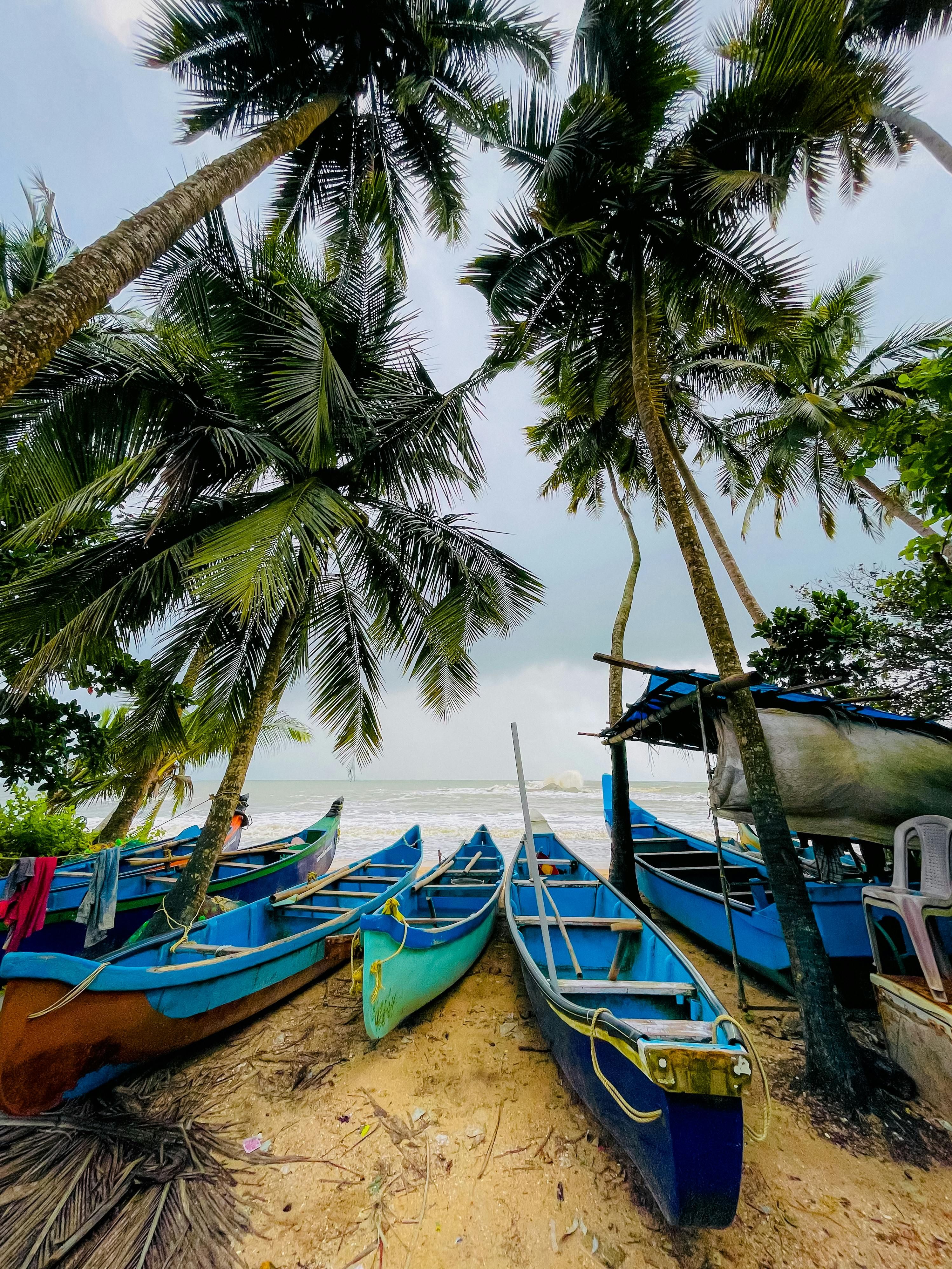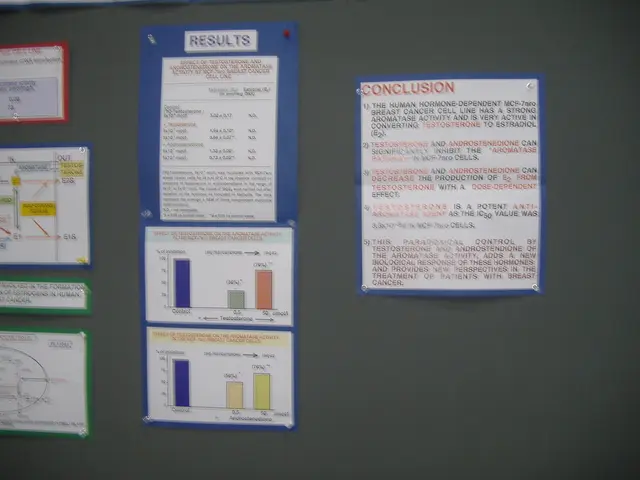Berlin's Hardship Commission Grants 189 Residence Permits Last Year
Authorities issue residence permits in 189 instances. - Granted approvals for residence permits in 189 instances by the commission.
Eighty-nine point six percent (89.6%) of requests from the Berlin Hardship Commission were granted, allowing the State Office for Immigration to issue a residence permit to 435 people last year. That's according to the Senate Department of the Interior.
Out of 211 proposals from the commission, Interior Senator Iris Spranger (SPD) approved 189, mainly hailing from Georgia, Turkey, Nigeria, Azerbaijan, Serbia, and Armenia. While the admin did not disclose the exact number of affected individuals, they processed 283 cases altogether.
In comparison, 90.5% of the cases were settled positively in 2023, compared to 96% in 2022 and 76.7% in 2021, and 72.4% in 2020.
Located in Berlin, the Hardship Commission serves those with migration or refugee backgrounds who fail to secure a residence permit based on other legal grounds. The commission handles cases where residency may be imminently terminated due to urgent humanitarian or personal issues.
Prior to deciding on an application, the commission considers several factors, like social and economic integration and examines each case individually. In these assessments, the commission takes into account the applicant's hardship, medical conditions, family ties, and other unique circumstances.
Senator Spranger thanked the commission members for their dedication, stating "Their efforts help us prevent disproportionate hardships in immigration law."
- Migration policies
- Residence permits
- Berlin
- Hardship Commission
- Georgia
- Nigeria
- Iris Spranger
- Asylum seekers
- SPD
- Turkey
- Azerbaijan
- Serbia
- Armenia
A Closer Look at the Hardship Commission
The team comprises representatives from churches, welfare organizations, and local government officials, whose main responsibility is to review applications from rejected asylum seekers who face exceptional hardship. These individuals may have run into problems such as medical conditions, family ties, or other personal reasons that make it difficult for them to return to their home countries. Applications are typically submitted through the local immigration office, with the commission painstakingly examining each proposal.
The Impact of Geopolitical Factors
The commission's decisions are influenced by various factors, including the broader geopolitical situation and humanitarian concerns in the applicant's home country. Lately, there has been increased scrutiny of applications from countries such as Georgia and Nigeria due to broader immigration policies and the need to address the root causes of migration.
Countries like Georgia, Turkey, Nigeria, Azerbaijan, Serbia, and Armenia have unique challenges that impact applicants' eligibility. For example, in Georgia, applicants may face challenges due to their country's improving economic relationship with the EU, which could potentially affect the commission's assessment of hardship. Turkish applicants may be given more favorable consideration due to political concerns and human rights issues in their native land.
Meanwhile, Nigerian applicants often face safety and security challenges back home that lead to more applications being accepted. Ultimately, the commission's decisions are made on a case-by-case basis, and there is no centralized database for specific statistics on the number of successful applications from each country. However, the commission strives to ensure fairness and considers the broader humanitarian context while making its decisions.[1][4]
- The Hardship Commission in Berlin, comprising representatives from churches, welfare organizations, and local government officials, focuses on reviewing applications from rejected asylum seekers encountering exceptional hardships, such as medical conditions, family ties, or personal reasons, preventing their return to their home countries.
- Iris Spranger, an SPD Senator, approved 189 out of 211 proposals made to the Hardship Commission last year, with applications hailing primarily from Georgia, Turkey, Nigeria, Azerbaijan, Serbia, and Armenia.
- The commission's decisions are influenced by factors like the broader geopolitical situation and humanitarian concerns in the applicant's home country. For example, the improving economic relationship between the EU and Georgia may affect the commission's assessment of hardship for applicants from that country.
- In recent years, there has been increased scrutiny of applications from countries such as Georgia and Nigeria due to broader immigration policies and the need to address the root causes of migration.
- The commission does not maintain a centralized database for specific statistics on the number of successful applications from each country, but they aim to ensure fairness and consider the broader humanitarian context while making their decisions.








